When curaJOY first started and began designing our program to improve all family members’ emotional wellness, we expected to mostly hear from parents concerned about their kids’ emotional wellness and social-emotional development. But it was youths—tweens and teens around the world who sought us out, asking for help to become happier and make more friends.
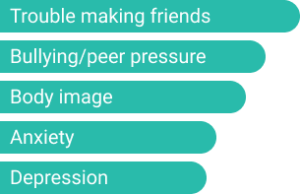

kids surveyed wished their parents cared more about their emotional well-being
What’s worse, 33 percent of educators say that sometimes what people call a learning disability is actually laziness, downplaying the very real stress and burnout people with learning disabilities experience. Because of this, teens are discouraged from seeking out help, believing that they’ll be seen as lazy if they try, or that they are just overreacting to the problems they face.
Over half of the people curaJOY surveyed believe they would benefit from counseling, coaching or other types of behavioral health support. The world is facing an unprecedented shortage of behavioral health professionals (therapists, psychologists). This shortage contributes to the low number of people receiving behavioral healthcare, but another issue is not seeking help. Our youth suffer in silence. Why?
In fall 2022, curaJOY interviewed more than 1,700 families in the United States and East Asia. Thousands of kids shared their struggles with bullying, peer pressure, friendships, and more. Over 50% of kids surveyed believe they would benefit from counseling or other types of support but cited parents’ attitudes as the main barriers to getting help.
Even perfectly typical kids without mental conditions are not immune to anxiety, burnout, or pressure. Many teens feel insecure about themselves for various reasons, from body image to academic success and social media life. Rigorous school life and exaggerated social media posts combined with pressures at home can make even the most cheerful teen feel as though they have nowhere to turn to—as though they are not good enough and never will be. So many teens feel this way to the point where suicide is the fourth leading cause of death in teenagers aged 15-19.
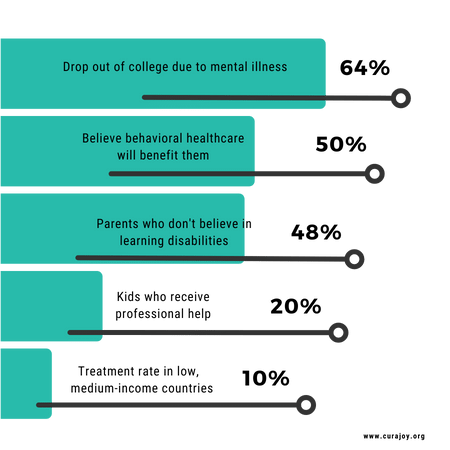
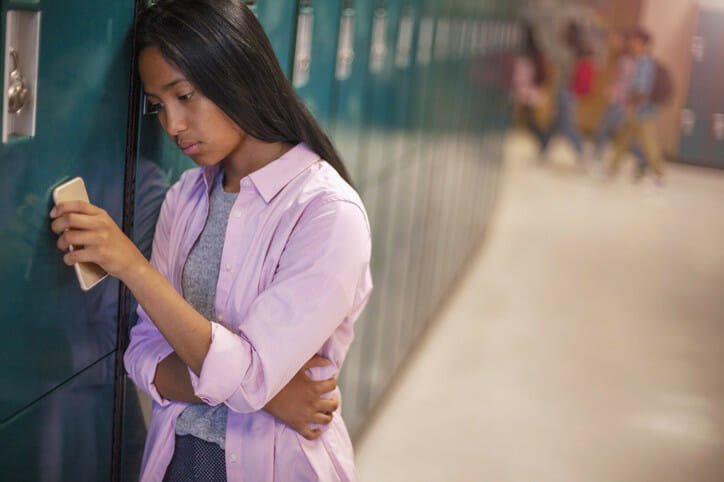
Although technology has dramatically pioneered ways to fight diseases and make life more comfortable, mental health has been mostly left in the dark. To most people, what’s going externally (i.e., physical health and education) are the only things needed to live a happy, successful life. But they don’t realize that youth mental health programs plays a significant role in health and learning. The brain controls the body. If the brain is stressed out and needs help, the body will become stressed. Health declines, and students struggle to learn. Over 50% of kids with emotional, behavioral, and mental health disorders drop out of school. It’s not because they’re immature or simple-minded, but because they didn’t get the mental health care they need and are dealing with stress in unhealthy ways.
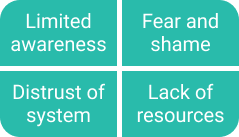

More than 52% of LGBTQ suffer from poor mental health of teenagers. This affects their physical wellbeing and educational outcomes.
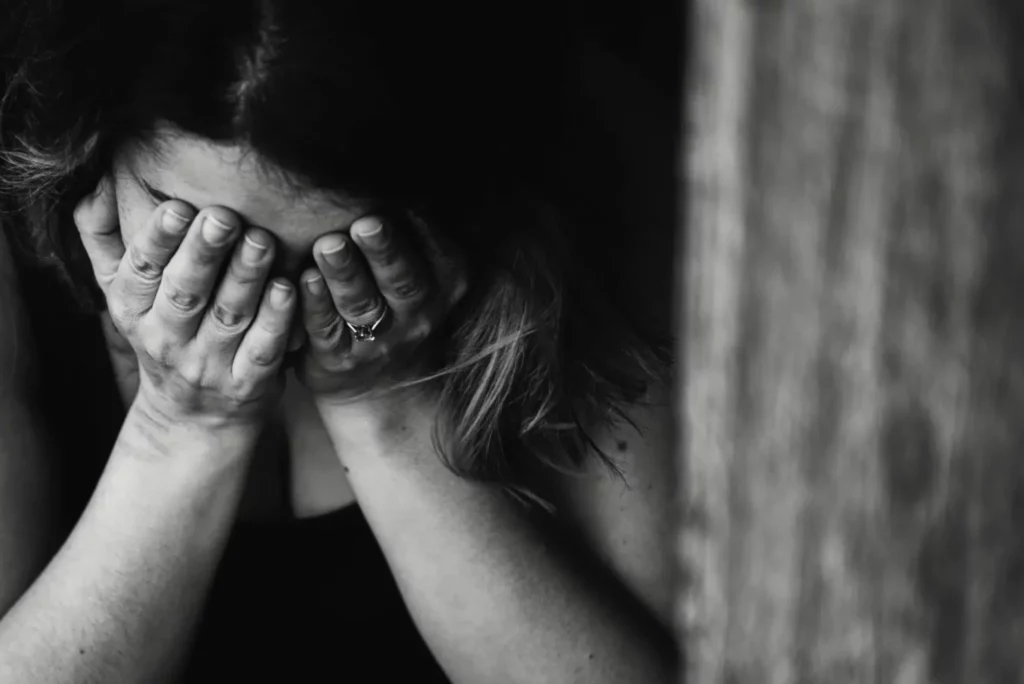
According to the latest CDC research, more than 1 in 3 teenagers have seriously considered suicide. Adult stress during COVID seeped down to children who do not deserve yelling, put-downs, neglect, and beatings.
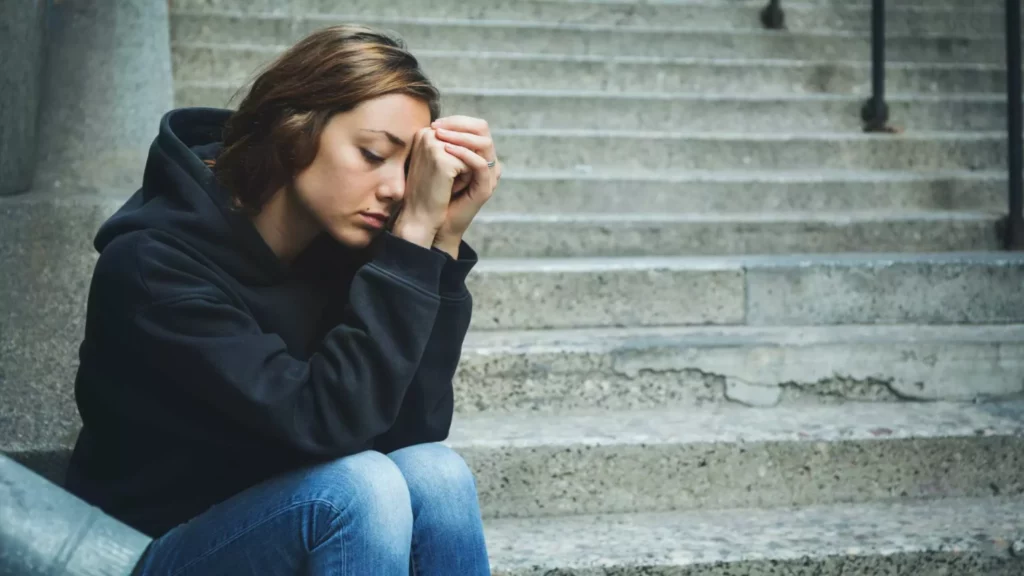
Teenage girls are emotionally distressed at a historic high, twice as much as teen boys. 1 in 5 experienced sexual violence just in the last year.
curaJOY creates a one-stop behavioral support program, MyCuraJOY, to serve as a safety net for youth who could otherwise only depend on their caretakers to recognize and accept their distress.
I have always felt embarrassed whenever I speak Chinese. Whenever I have to order food in a Chinese-speaking place, my throat closes and I get tunnel vision. Even when I do manage to speak, I’m acutely aware of how much I stutter when I speak Chinese or how often I mispronounce something. As such, I
Hear the saddening childhood of an autistic boy and how it could have been prevented. "If my grandparents had taught him how to feel, he wouldn't be so cruel."
My Journey with Autism: Learning Empathy and Finding Understanding I have autism, it’s not a sercret I try to hide. Growing up with autism, I didn’t really understand other people and their views, and I had a hard time expressing my ideas. But I didn’t see it that way. When it was my turn to
My parents only cared about my grades. I think they may have been depressed while I was growing up. Definitely, no one practiced self-help techniques or knew about them in my family.
I am glad that I got help. Behavior therapy was like having a second teacher that goes to your house, only they don’t teach math. They teach you coping skills. Coping skills are methods used to calm yourself down in stressful situations. I learned coping skills very easily, as coping skills are just stuff like
I have always been very anxious. I don’t know where it started, but from a young age, I wanted to control/make sure that everything in my life would be alright. This has caused me to have anxiety attacks where my heart rate can go up to 170 bpm. During that time period, I am virtually